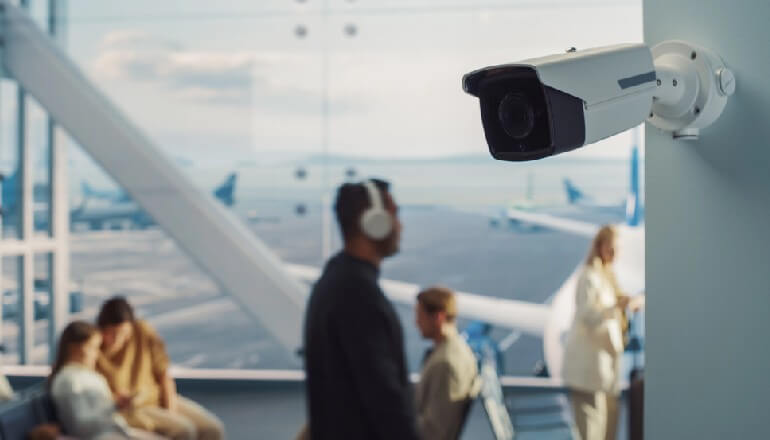Commercial CCTV Harrogate: Security With Responsibility
For many UK businesses, CCTV feels like a must-have. It discourages shoplifting, helps resolve disputes, protects staff, and creates peace of mind. But there’s a catch: if your cameras record people, you’re not just dealing with security — you’re dealing with data protection law.
Under the Data Protection Act 2018 and UK GDPR, video footage that identifies individuals is treated as personal data. That means you have legal duties to handle it fairly and responsibly.
Your Legal Duties
When setting up CCTV, businesses should think beyond crime prevention. The law expects you to strike a balance between security and people’s right to privacy. Here are the key points:
- Purpose
- You need a valid reason for using CCTV, such as preventing theft or protecting staff safety. Cameras can’t be installed “just because.”
- Transparency
- Clear, visible signs must tell people cameras are in use and why.
- Privacy
- Avoid filming private spaces. Even in workplaces, monitoring staff too closely can be unlawful.
- Retention
- Decide how long you will keep recordings and stick to it. Most businesses don’t need to store footage for more than a few weeks unless it’s needed for an incident.
- Access Rights
- People have the right to ask for footage that includes them. Businesses must provide this within a month unless there is a valid reason not to.
- Security
- Footage must be stored securely and only accessible to authorised staff.
- Impact Assessments
- If your system involves large-scale monitoring or advanced tech like facial recognition, you may need to carry out a Data Protection Impact Assessment.
Good Practice for Businesses
- Put up signs that are easy to see.
- Keep your CCTV policy simple and clear — and make sure staff know it.
- Regularly check whether cameras are still needed in the areas they cover.
- Delete footage promptly once it’s no longer required.
What to Avoid
- Don’t record areas where privacy is expected.
- Don’t keep footage indefinitely.
- Don’t ignore requests from individuals asking to see recordings of themselves.
- Don’t share footage with third parties unless the law allows it (for example, the police).
Why It Matters
CCTV is there to protect your business — but mishandling it can cause more problems than it solves. Breaching the Data Protection Act can mean fines, legal action, and loss of trust from staff and customers.
Handled correctly, CCTV does exactly what you want: it keeps your business safe while showing that you respect people’s privacy.
Final Thought
Commercial CCTV Harrogate: CCTV in the UK isn’t just about cameras and cables — it’s about responsibility. With a clear purpose, the right safeguards, and respect for data protection rules, businesses can enjoy the benefits of surveillance without crossing the line.




